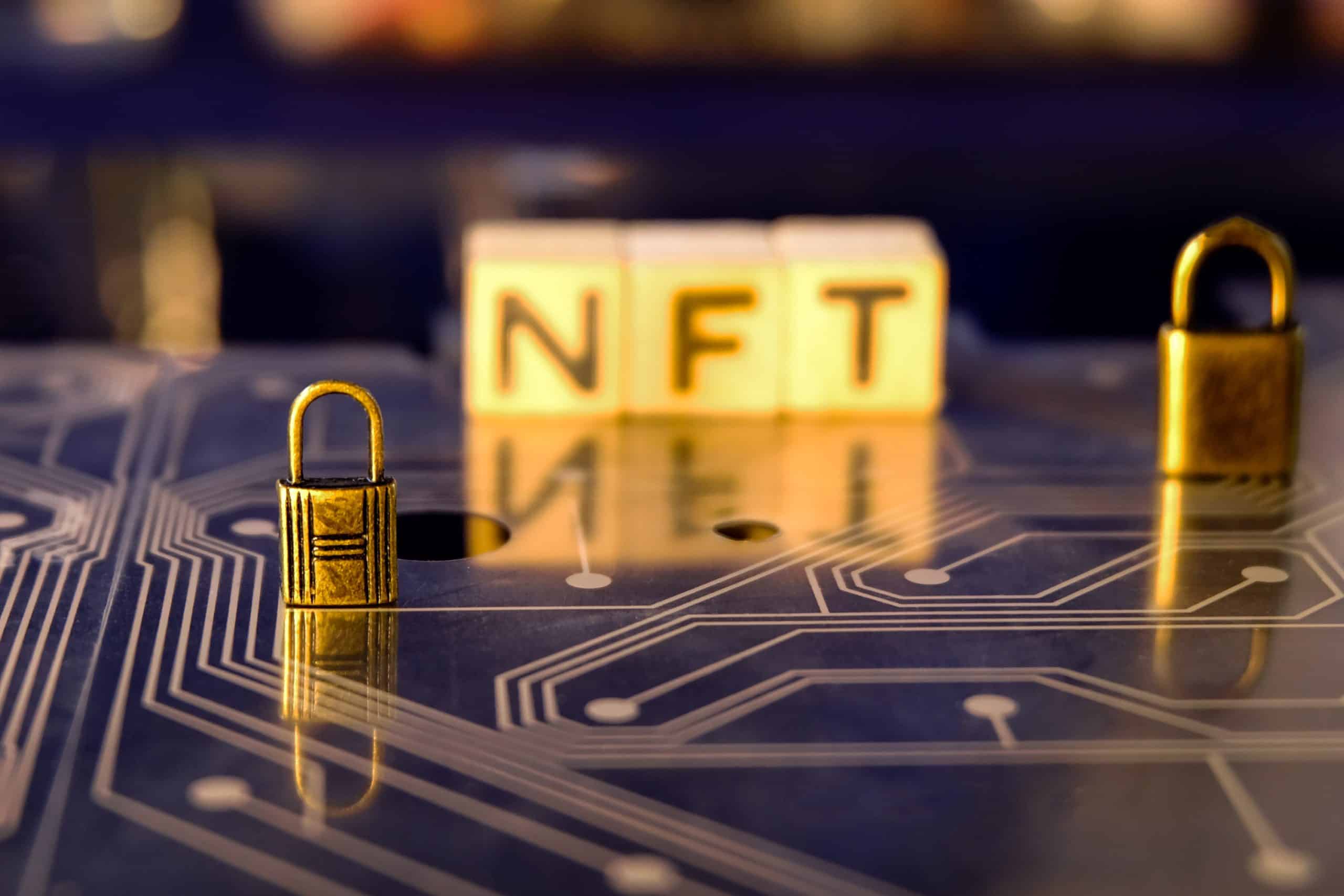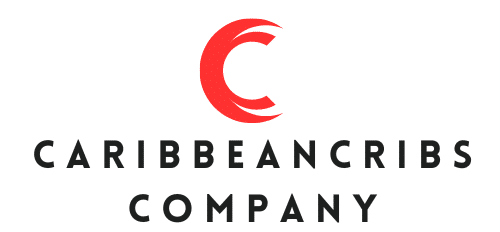What Is the Role of NFTs in Authenticating Collectibles for UK Art Dealers?

In a sector often bedevilled by forgery and counterfeit, emerging technologies such as non-fungible tokens (NFTs) offer an exciting new horizon for art dealers in the United Kingdom. This article will delve into the role of NFTs in authenticating collectibles, providing an understanding of how this technology can enhance the art dealing industry.
A Brief Introduction to NFTs
Before we explore how NFTs play a pivotal role in the field of art dealing, it’s imperative to understand what they are. NFTs or non-fungible tokens are a kind of digital asset that represents ownership of a unique item or piece of content, using blockchain technology for verification.
Sujet a lire : How Can Independent UK Toy Stores Use Augmented Reality to Enhance In-Store Experience?
As the term ‘non-fungible’ suggests, these tokens are unique and cannot be replaced with other similar tokens, which differentiates them from ‘fungible’ cryptocurrencies such as Bitcoin or Ethereum. This uniqueness is especially valuable in the art world, where the value of a piece often hinges on its originality and individuality.
NFTs as a Tool for Authentication
Art dealers, auction houses, and galleries are now leveraging NFTs as an invaluable tool for authentication. In an industry where provenance and authentication are paramount, NFTs offer a secure and transparent way of verifying the authenticity of an artwork.
A découvrir également : Honeycomb cardboard: the eco-friendly packaging revolution
Each NFT contains specific information about the artwork it represents. This can include the artist’s identity, the artwork’s creation date, previous ownership records, and any other relevant data that can help establish its authenticity. The stored information is encrypted and saved on the blockchain, making it virtually impossible to alter or forge.
This innovative technology essentially creates a digital certificate of authenticity that stays with the artwork as it changes owners. It provides an irrefutable proof of authenticity, which can significantly reduce the risk of forgery and other fraudulent activities commonly faced by art dealers.
Streamlining the Art Dealing Process
Beyond authentication, NFTs are also revolutionising the way art dealers conduct their business. The process of transferring ownership of artwork can often be a complex, time-consuming procedure, involving a lot of paperwork and legal compliance.
With NFTs, the ownership transfer process is streamlined and simplified. Upon purchase, the NFT associated with an artwork is transferred to the new owner, automatically updating the ownership records stored on the blockchain. This not only speeds up transactions but also eliminates the need for middlemen, thereby reducing costs and increasing efficiency.
Furthermore, NFTs offer a level of transparency that was previously unattainable in the art dealing world. Every transaction involving an artwork’s NFT is recorded on the blockchain, providing a clear, accessible, and tamper-proof provenance record. This transparency can enhance trust between buyers and sellers and foster a more open and transparent art market.
The Impact on Art Dealers
The advent of NFTs is undoubtedly having a transformative impact on the world of art dealing. The technology is empowering art dealers with a robust mechanism to authenticate artworks, streamline transactions, and build trust with their clientele.
Some art dealers are even creating their own digital platforms to take full advantage of the possibilities offered by NFTs. These platforms allow them to tokenize artworks, sell digital art, and offer enhanced experiences to their customers.
While NFTs are still relatively new, the potential they hold for the art dealing industry is staggering. As more art dealers adopt this technology, the art market will likely become more accessible, transparent, and secure.
Potential Challenges and the Way Forward
Despite the myriad benefits of NFTs, their adoption in the art dealing sector is not without challenges. Concerns about the environmental impact of blockchain technology, the volatility of cryptocurrency markets, and the lack of regulation in the space are significant hurdles that need to be addressed.
However, the potential of NFTs to overhaul the art dealing industry cannot be underestimated. As understanding and acceptance of this technology grows, art dealers will need to adapt and innovate to harness its benefits fully. With the right approach and regulation, NFTs hold the promise of a more transparent, efficient, and secure future for the art dealing industry in the UK and beyond.
The Art Market and NFTs
The UK art market is one of the most vibrant and dynamic worldwide, housing a variety of artists, art dealers, and collectors. NFTs have begun to transform this traditional market, providing a digital solution to verifying artwork authenticity and simplifying the buying and selling process.
Irrefutable proof of provenance offered by NFTs has the potential to eliminate the risk of counterfeit artworks infiltrating the market. As each NFT is unique and contains specific information about the artwork it represents, it offers an unalterable certificate of authenticity. This authentication process significantly enhances the credibility of the art market, fostering trust and confidence in buyers and collectors.
Furthermore, NFTs streamline the art dealing process by automating ownership transfer and record updates. Traditional buying and selling methods often involve time-consuming paperwork and legal compliance. With NFTs, these steps are bypassed, making the process more efficient.
The transparency provided by NFT technology also offers a significant advantage. Every NFT transaction is recorded on the blockchain, creating a clear, accessible, and tamper-proof provenance record. This transparency instills trust between buyers and sellers, thereby promoting a more open and reliable art market.
NFTs: Looking into the Future
The early adoption of NFTs in the UK art dealing industry is a clear testament to their potential. However, as with any emerging technology, certain challenges need to be addressed.
The environmental impact of blockchain technology, the volatility of cryptocurrency markets, and the lack of regulation in the space are all significant considerations. However, these challenges present an opportunity for innovation and development within the sector.
NFTs hold significant promise for the future of art dealing in the UK and globally. As more art dealers adopt this technology, the art market will inevitably become more accessible, transparent, and secure. With the right approach and regulations, NFTs have the potential to reshape the art dealing industry for the better.
In conclusion, NFTs are emerging as a transformative force in the art dealing industry. Their role in authenticating collectibles is revolutionizing the sector, offering an unprecedented level of security and transparency. While there are challenges to overcome, the potential benefits of NFTs are too significant to ignore. As the art dealing industry in the UK continues to evolve, the integration of NFTs is a clear step forward into a more efficient, secure, and transparent future.
